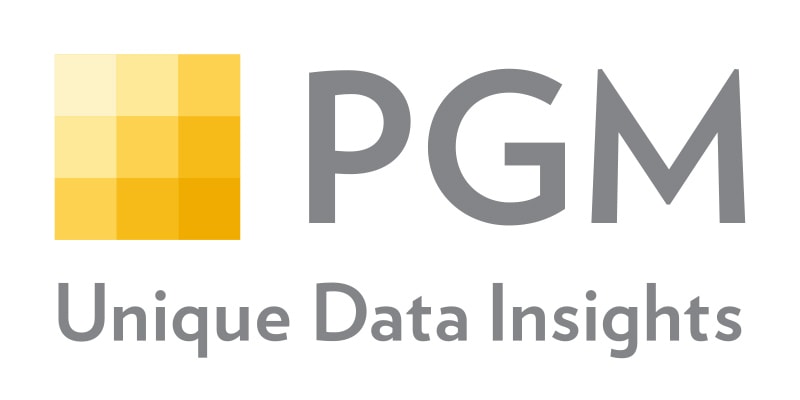Dive Brief:
- Facebook, the social network with 2 billion users worldwide, is making a push to lure more pharmaceutical marketers, according to CNBC. Facebook Health is hosting an invitation-only summit on June 6 in New York, followed by a panel discussion at the Cannes Lion International Festival of Creativity, which runs June 17-24.
- Meredith Guerriero, Facebook’s director of health, grocery and politics, oversees a team of people focused on healthcare. Last year, the company debuted its scrolling “important safety information” feature that’s intended to satisfy government disclosure requirements for controlled substances. Bayer started advertising on Facebook in October.
- Drugmakers and healthcare marketers spent $1.64 billion on mobile and online advertising last year, and that figure is expected to grow to $2.55 billion by 2019, according to research firm eMarketer.
Dive Insight:
Pharmaceutical advertising is highly regulated by the Food and Drug Administration, but drugmakers continue to boost their spending on direct-to-consumer (DTC) ads because of their effectiveness in raising awareness of medical conditions and driving patients into doctors’ offices. Last year, DTC spending grew 9% to $5.6 billion, according to data from Nielsen. Now, the Facebook Health team is adjusting its advertising platform to draw pharmaceutical companies, which are gradually shifting budgets from TV ads to digital channels.
The regulations are also strict for social media, even though Facebook has tried to make its platform friendlier to drugmakers by turning off the comments sections on product pages, according to Stat. Drugmakers could violate FDA regulations for failing to report unverified side effects posted by patients in Facebook comments as “adverse events” from using a drug.
Google and Twitter have hired large teams to work with pharmaceutical companies on ad campaigns, while Facebook has been a latecomer to the space, CNBC reported. Now, the social network is playing catchup. In addition to boosting pharmaceutical ads, it's also creating sponsored community pages to bring together people who share a particular medical condition. Given the vast amount of private information Facebook has on its users, including any reference they make to medical conditions or association with any kind of advocacy page, the social network is positioned to target audiences with high precision in its upcoming pharmaceutical ad efforts. So far, Facebook has successfully fought at least one healthcare-related invasion of privacy claim, with a judge ruling this year that people who use the social network consent to be tracked.












